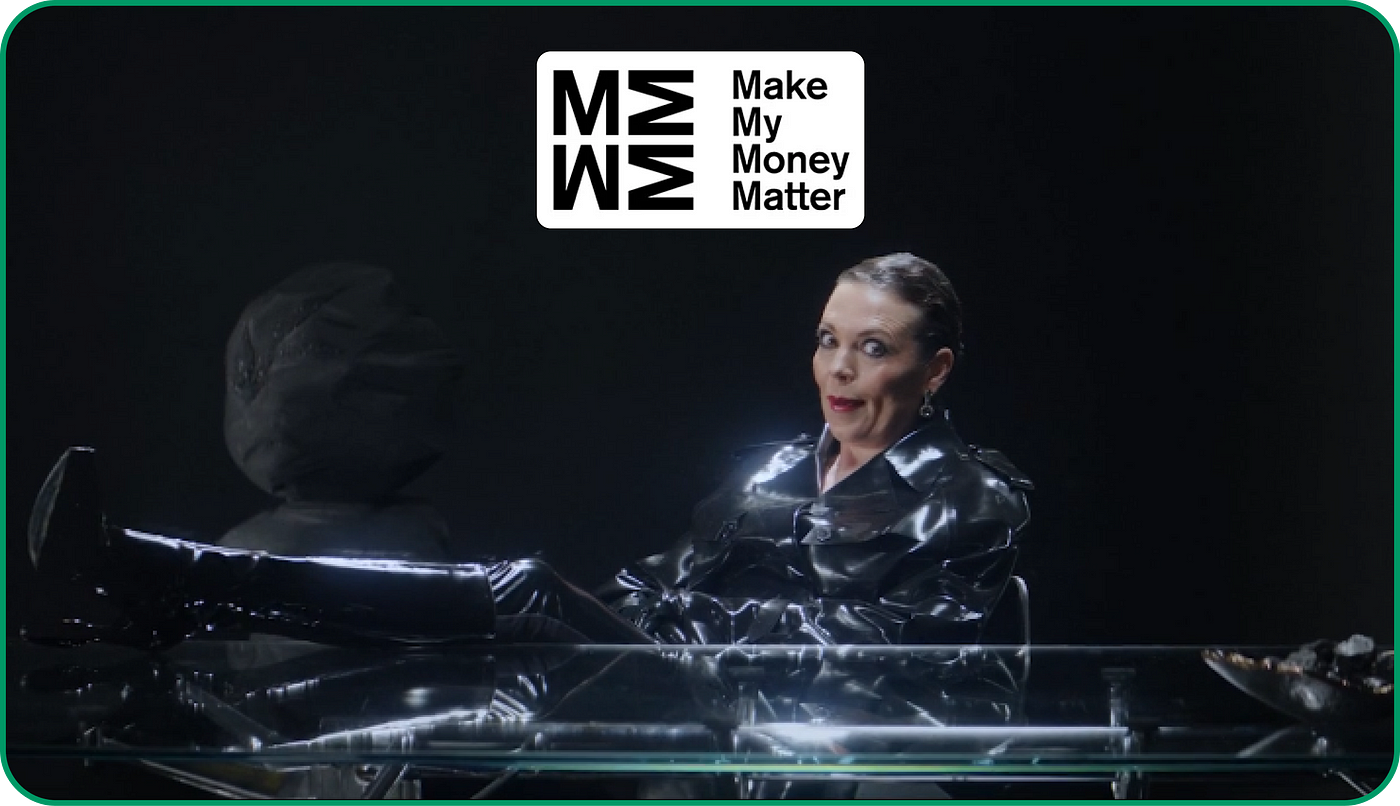V Spehar is another name I was not familiar with before listening to the McCourtney Institute’s Democracy Works podcast. However, I found her background to be insightful and her journey into political discussion and civic leadership to be impactful. Even though she had not intentionally pursued a career in politics, I thought her segue from the culinary world to lobbying for better food policy was a fascinating turn of events. And, then, with her story to how she transitioned to TikTok and where she is now, indirectly as a result of January 6, was also interesting to see how her career changed once again.
As the conversation moves along, I found it interesting when Spehar describes their audience on their TikToks and who is watching them speak. I think it is easy to deduce that mainly young people use TikTok, but, from my own experience, I can say that older adults watch TikTok a little too much (e.g. my dad). They admit that 30% of their audience are Gen X, Boomers, and older and that the number one employer of their audience is the United States Army. As Spehar put it best, they have a nice mix of people viewing their content, which is telling of the type of appeal their videos have to a greater audience.
With that in mind, I really enjoyed how Spehar went on to dicuss the community they created on their platform and how it is a community and an individual has to earn their right to stay in that community. While they don’t shun people for their comments, Spehar gives them a chance to hear them out on their opinions in the comments before deciding if the person isn’t acting in good faith. I think this is extremely important as it is very easy to disregard someone because their viewpoints do not align with our. Hearing someone out, though, can lead to a healthier forum and discussion rather than responding with such defense.
Toward the end of the discussion, Spinelle and Spehar talk about traditiional news outlets turning toward shorts and TikTok-like formats. Spinelle points out that this transition seems somewhat inauthentic, feeling unnatural from a big news conglomerate. I enjoyed Spehar’s take on the topic and why this feeling arises when a media outlet wants to transition to “appeal” to younger audiences. They point out that these news outlets believe this form of content is a fad and something that isn’t sustainable.
However, Spehar points out that the format works for creators like themself because it is entertainment that is not coming from a the usual sources of information. What Spehar does well is storytelling and combining their sources for the general audience to consume easily. I also have found this to be a trend and something that media outlets seem to fail at. Overall, I found this discussion to be very insightful and something worthwhile as a young individual figuring out the sources of media and news I find reliable.
